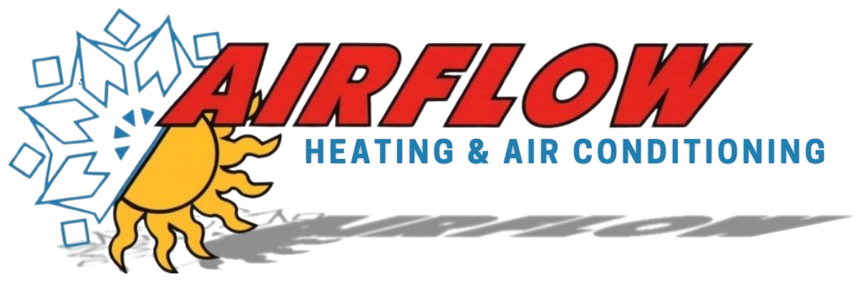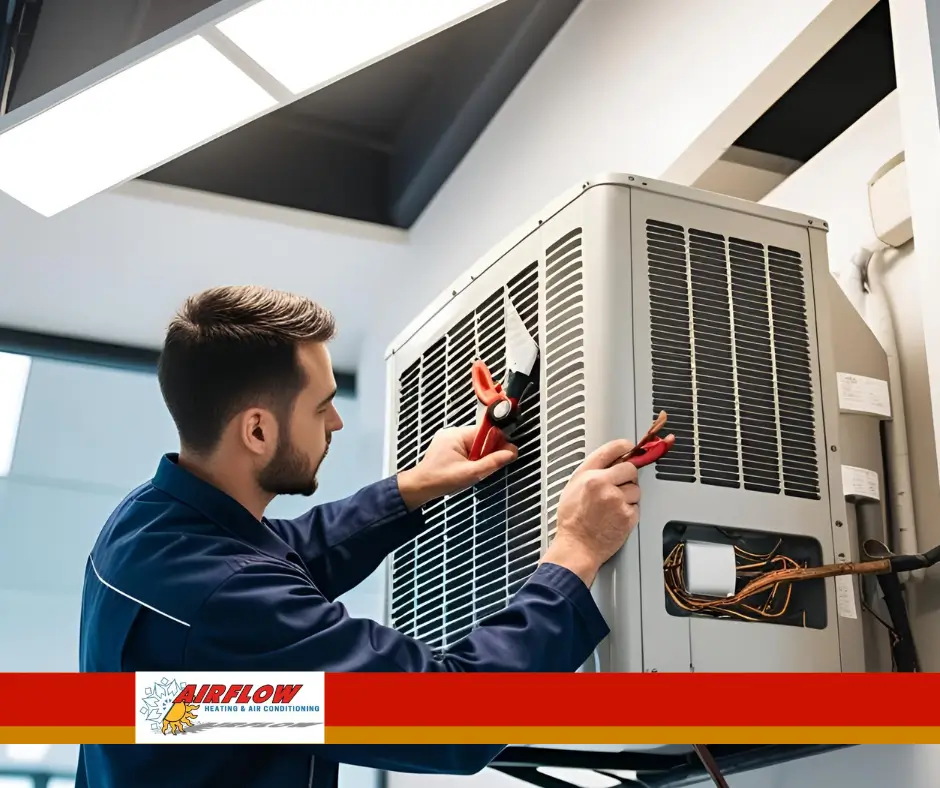When the temperatures drop, most people think about staying warm indoors—but what about your air conditioner outside? While we often associate HVAC systems with the summer, air conditioning maintenance during winter is just as important. Neglecting your system when it’s cold can lead to damage, inefficiency, or even costly repairs.
How Cold Weather Impacts Your AC Unit
Understanding how winter affects your AC system is key to avoiding breakdowns. Here are the main issues that arise:
- Freezing Components: Ice can accumulate on coils, fan blades, and refrigerant lines, especially in poorly maintained units.
- Dry or Brittle Materials: Rubber and plastic parts can become less flexible and crack in low temperatures.
- Condenser Coil Damage: Freezing rain and snow can damage exposed outdoor units.
- Rodent Intrusion: Small animals often seek shelter in warm components, chewing on wires or insulation.
Even though you’re not using your AC to cool your home, the outdoor unit remains vulnerable. That’s why ongoing HVAC servicing and seasonal inspections are crucial.
Why Air Conditioning Maintenance Is Essential in Winter
Air conditioning maintenance isn’t just for the summer months. Keeping your system in top shape throughout the year ensures longevity, energy efficiency, and safety. Ignoring off-season care can lead to:
- Premature system failure
- Higher utility bills from reduced efficiency
- Increased risk of breakdown when temperatures rise
Scheduling preventative AC maintenance during the off-season can catch small issues before they become major problems.
5 Practical Tips to Prevent Winter Damage
Thankfully, there are simple steps you can take to protect your air conditioner during the colder months:
1. Cover the Outdoor Unit (But Correctly)
Using a breathable, waterproof cover helps shield your unit from snow and debris without trapping moisture inside. Avoid plastic tarps that cause condensation and corrosion.
2. Clear Debris Regularly
Remove leaves, twigs, or snow buildup around your unit. Proper airflow around the condenser prevents mold and corrosion.
3. Shut Off the Power
Turn off the power supply to your air conditioner to prevent it from accidentally running during a warm winter day and freezing up again at night.
4. Schedule an Off-Season HVAC Inspection
Have a certified technician perform a full air conditioning system checkup. This includes testing the refrigerant levels, electrical connections, and inspecting coils for wear.
5. Install a Smart Thermostat
A smart thermostat can prevent your AC from running when it’s not needed, helping to preserve its lifespan.
When to Call a Professional
If you notice ice forming on your unit, strange noises, or an unexplained increase in energy usage, don’t wait. Contact an air conditioning repair specialist for a professional assessment. Catching problems early can save you from extensive repairs in the spring.
Year-Round HVAC Care Pays Off
Cold weather doesn’t have to mean trouble for your AC. Regular air conditioning maintenance and smart preventive habits can extend your system’s life and ensure it’s ready for the next heat wave. A little effort during the winter can save you hundreds on repairs and energy bills later.
Whether you’re a homeowner or property manager, now is the perfect time to check in with your HVAC provider for a seasonal tune-up or system evaluation.
Final Thoughts
Just like your car needs oil changes in every season, your HVAC system needs care all year long. Don’t let cold weather catch you off guard. Embrace winter as the perfect opportunity to focus on the health of your cooling system through smart, ongoing air conditioning maintenance.
READ MORE:





